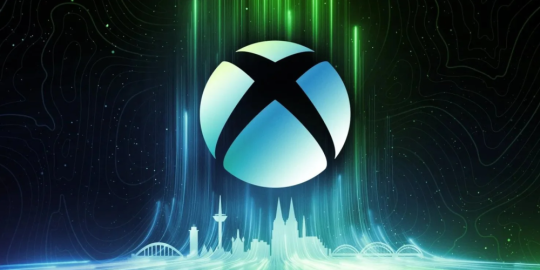
In the ever-evolving landscape of video gaming, cloud gaming has emerged as a revolutionary turn, offering gamers the ability to play anywhere, on any device, without the need for powerful hardware. Microsoft's foray into this frontier with Xbox Cloud Gaming has brought the notion of high-quality gaming to even more screens. There was, however, an echo of an earlier promise left unfulfilled — the ability for players to access their personally owned games through the cloud. Years after its initial projection, there is renewed hope for this feature's arrival.
The initial concept of Xbox Cloud Gaming, then under the moniker Project xCloud, was ambitious. It promised an expansion of the traditional gaming experience, transcending the limitations of local hardware. The commitment to allow access to players' existing game libraries via the cloud was eagerly anticipated but had not been implemented as initially anticipated in 2020. Instead, the service remained tethered to the Game Pass Ultimate subscription, offering a vast but defined collection of games.
Despite the delay, communication from Microsoft indicates a steadfast dedication to realizing this vision. Phil Spencer, a well-respected figure in the gaming community and current CEO of Microsoft Gaming, recently engaged with an inquisitive Xbox user. In this interaction, he suggested that the wait for this much-coveted feature might extend to 2024, reflecting a shift in timeline but not in intent.
Microsoft's strategic movements, including the high-profile acquisition of Activision Blizzard, signal a strong intent to bolster its cloud gaming proposition despite regulatory complexities. The shifting landscape has seen Microsoft navigate through various agreements, showcasing a dynamic approach to the global gaming market. This includes a focused deal ensuring that European gamers will continue enjoying unhindered access to Activision Blizzard titles on their cloud gaming platform of choice.
The expansion of Xbox Cloud Gaming to include personal game libraries signifies a pivotal step forward for Microsoft and the gaming community as a whole. Although delayed, the fulfillment of this promise holds the potential to solidify cloud gaming as a mainstay in the video game ecosystem. The anticipation of this development speaks to the resilient demand for more personalized and expansive cloud gaming experiences. As the calendar pages turn towards 2024, eyes will be keenly fixed on Microsoft to deliver on an aspiration that will likely transform the gaming landscape for years to come.